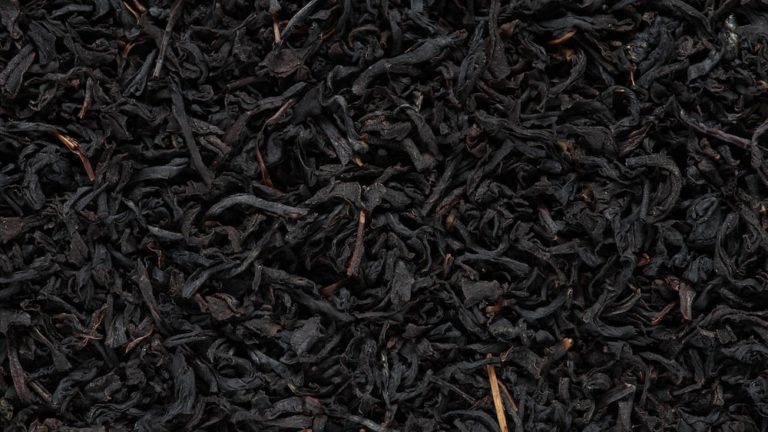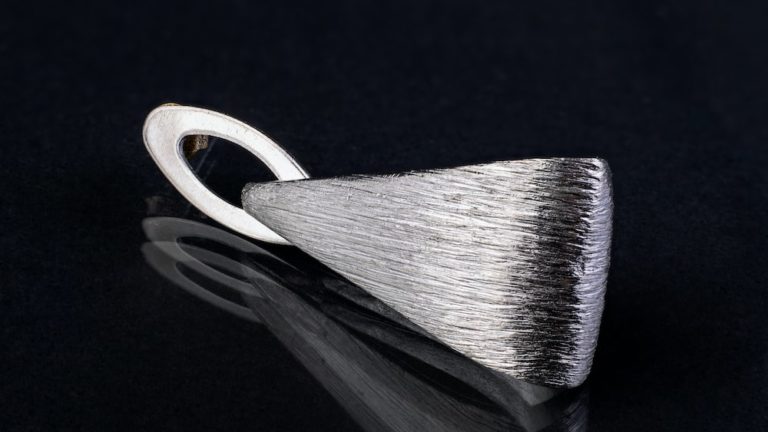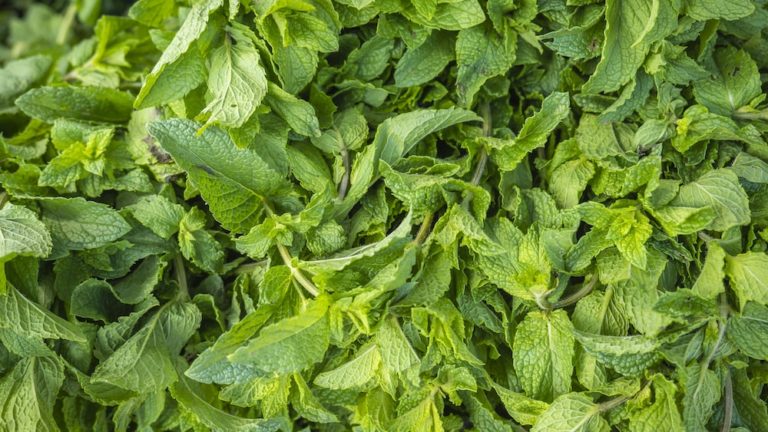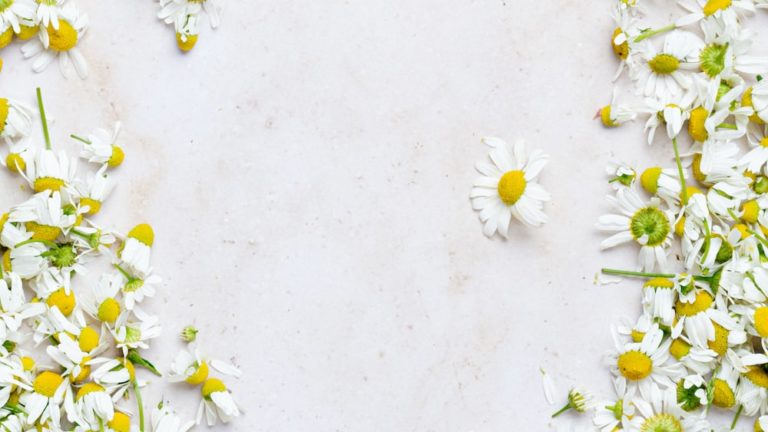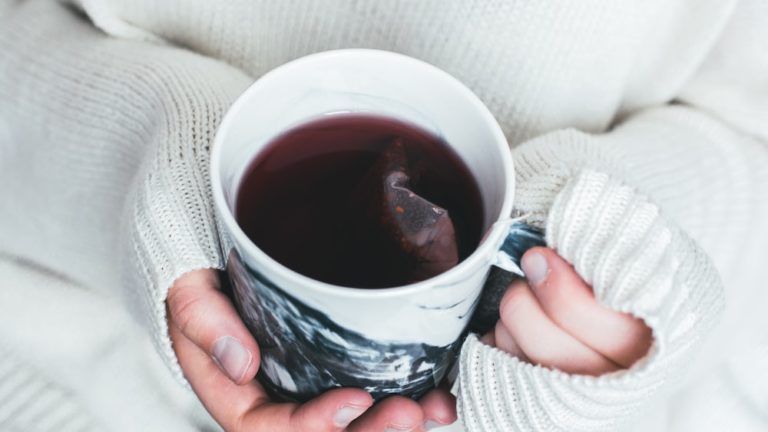Enhance Sleep Naturally With Oolong Tea For Sleep
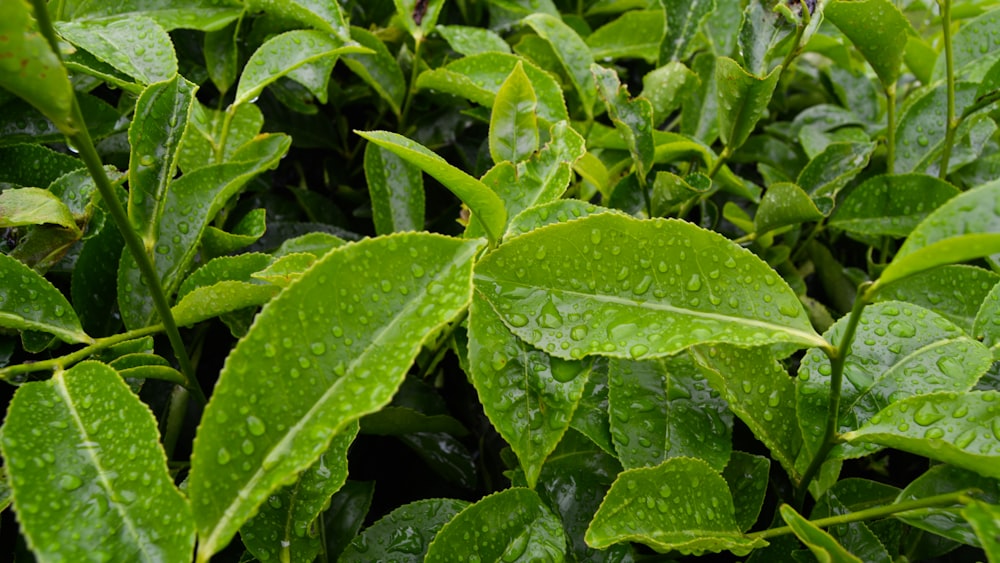
Enhance Sleep Naturally With Oolong Tea For Sleep
Have you ever found yourself tossing and turning, counting sheep – or cups of tea – instead of catching those much-needed z’s? In our quest for deeper, more restful nights, many of us have crawled down the internet rabbit hole in search of natural sleep aids. And guess what? Oolong tea for sleep might just be the comforting lullaby your body has been yearning for. This ancient brew, nestled somewhere between the bold flavor of black tea and the fresh zestiness of green tea, embodies a unique blend that could dance its way into your nighttime routine.
Key Points:
- Oolong tea contains a unique blend of flavors and colors between black and green tea.
- Its production process involves partial oxidation, resulting in diverse flavors and aromas.
- Oolong tea is rich in polyphenols, known for their antioxidant properties.
- The caffeine content in oolong tea is moderate, providing a gentle energy lift.
- Oolong tea promotes relaxation and can enhance sleep quality due to L-theanine content.
- Consuming oolong tea a couple of hours before bed can optimize its benefits for sleep.
But before you start picturing yourself dozing off into a magical tea-infused dreamscape, let’s dive into the nuts and bolts of why oolong tea might just be the unsung hero of nighttime rituals. From its intriguing caffeine content to its serenade of health benefits, including weight management and antioxidant properties, oolong tea seems like it’s playing hard to get. But fret not, dear tea enthusiast; we’re about to unwrap this mystical beverage layer by layer, exploring not only its enigmatic character but also its potential to whisk you away to the land of nod. [2]
So, grab your favorite mug, get cozy, and let’s embark on this voyage through the serene world of oolong tea. Whether you’re a seasoned tea aficionado or a health-conscious individual looking to enhance your sleep naturally, this article promises a blend of light-hearted musings, sophisticated insights, and practical tips that will make oolong tea your new nighttime compass.
The Unique Properties of Oolong Tea
Oolong tea, with its enticing spectrum of colors and flavors, sits royally between its more famous cousins, green and black tea, offering a unique experience that’s hard to pin down with just a few words.
What Makes Oolong Tea Special?
What sets oolong tea apart is its complex production process, which involves partial oxidation. This process is a delicate dance, a middle ground, that defines the very essence of oolong tea. Depending on how long the tea leaves are allowed to oxidize, the flavor, color, and aroma can range from light and floral to dark and robust. It’s like the chameleon of the tea world, constantly changing its stripes but always keeping you on your toes with its rich, multifaceted personality. [1]
Moreover, oolong tea is rich in polyphenols, potent compounds known for their antioxidant properties. These micro heroes are believed to battle the nefarious free radicals, potentially safeguarding our bodies against various diseases, including the dreaded monster of cancer. It’s akin to having a tiny army of protectors, ensuring that every sip is a step towards fortifying your health fortress. [3]
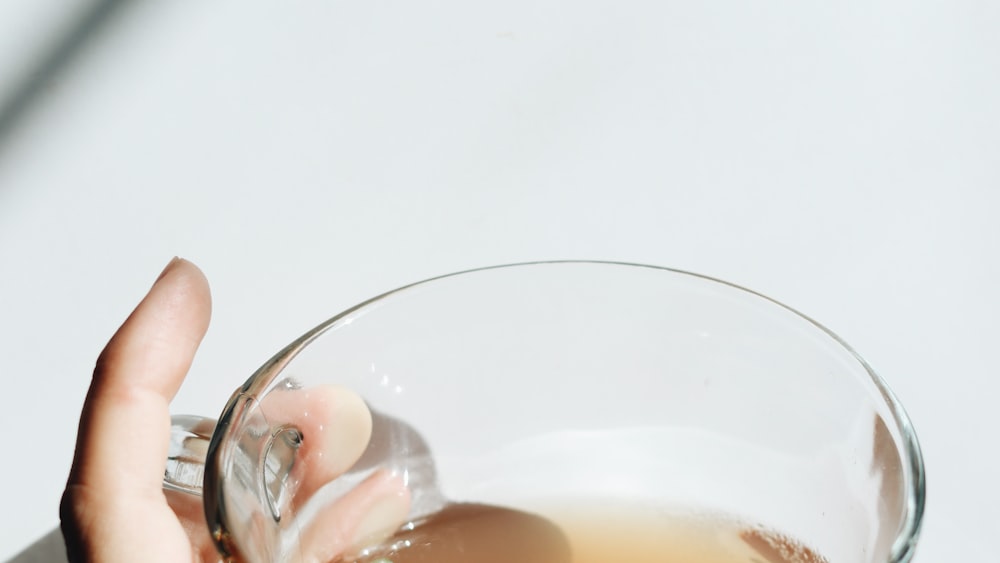
Oolong tea’s unique production process results in a wide range of flavors and benefits, making it a versatile and health-boosting beverage.
The Caffeine Content in Oolong Tea
Now, hold onto your teacups, because when it comes to caffeine, oolong tea walks a tightrope. While it contains less caffeine than black tea, it harbors more than its green counterpart. This middle-of-the-road caffeine content makes oolong an intriguing choice for those seeking a gentle buzz without the full-throttle jolt associated with stronger teas.
For the night owls and early birds alike, oolong’s caffeine level is akin to a soft whisper in a busy room – enough to keep you engaged, but not so loud as to drown out sleep’s sweet siren call. In essence, it offers a moderate energy lift that can gently taper off, leaving you in a state of relaxed alertness as you prepare to sail into dreamland. But, just like a mischievous sprite, caffeine can play tricks on some of us, especially those with sensitivities. So, while navigating these waters, knowing your tolerance level is akin to holding a map in this caffeinated exploration.
Oolong Tea and Sleep Quality
Who would have thought that a simple cup of tea could be the key to unlocking superior sleep quality? Yet, here we stand at the precipice of an oolong-induced dream journey, ready to dive into how this ancient elixir can transform our nighttime saga.
How Oolong Tea Can Enhance Sleep
Diving into the calming seas of oolong tea before bedtime can be like enlisting an ally in your battle against restlessness. With its ability to promote relaxation and reduce stress, thanks to the presence of L-theanine, a powerful amino acid, oolong tea may just be the minstrel serenading your busy brain into a state of tranquility. Imagine L-theanine as a skilled conductor, orchestrating the production of alpha waves in the brain – these harmonious rhythms signal your mind and body that it’s time to wind down, transforming stress into serene stillness.
Furthermore, oolong tea’s modest caffeine content comes with a silver lining. While it perks you up during the day, its gentle stimulation might just be what you need to reset your internal clock, especially if sipped in the early evening. It’s like finding that sweet spot where relaxation and alertness hold hands, leading you to a night of blissful, uninterrupted dreams.
The Science Behind Oolong Tea and Improved Sleep
The tale becomes even more fascinating when we summon the specter of science to demystify oolong tea’s effects on sleep. Recent scientific studies have provided compelling evidence pointing towards the potential benefits of oolong tea consumption on sleep patterns and overall sleep quality. One such study, published in a respected journal, examined the sleep habits of participants who drank oolong tea regularly before bedtime. The results? A significant improvement in sleep quality among the tea-drinking group compared to the placebo group.
It seems that oolong tea, with its polyphenols and L-theanine, wields the power to modulate brain activity and facilitate relaxation, making it easier for individuals to embrace the arms of Morpheus. These findings paint a picture of oolong tea as not just a beverage, but as a potent elixir, meticulously crafted by nature to align our bodies with the rhythms of the cosmos, leading us into a restful state of slumber.
The Best Time to Drink Oolong Tea for Sleep
Timing is everything, they say, and when it comes to sipping oolong tea for sleep, never has a truer word been spoken.
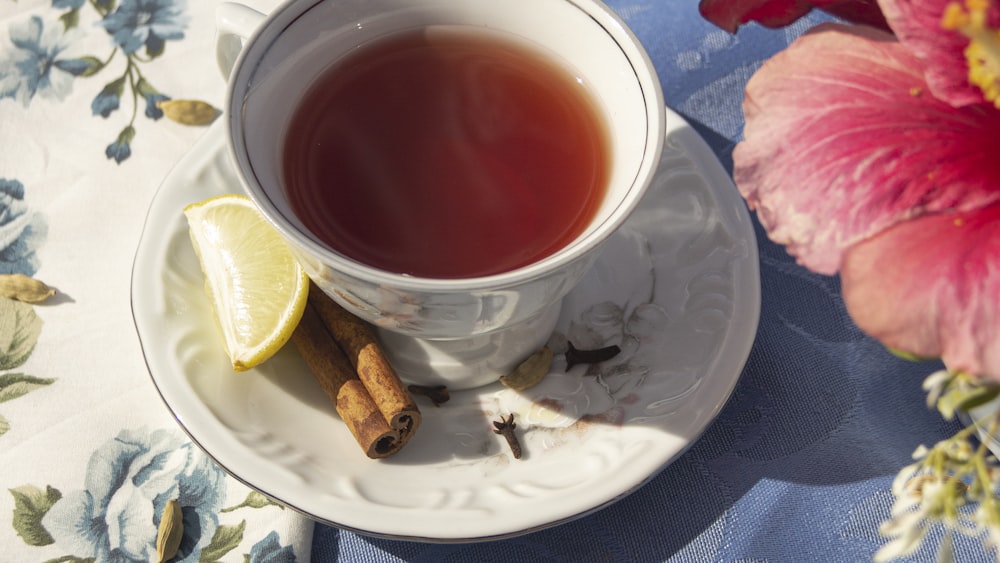
Timing Your Consumption for Optimal Benefits
To harness the full potential of oolong tea as your bedtime drink, consider indulging in this ancient brew a couple of hours before you plan to hit the hay. This sweet spot allows you to enjoy the subtle energizing effects of the caffeine without it interfering with your slumber schedule. It’s like catching a gentle wave that lifts you up but softly lands you back on the shores of relaxation in time for bed.
Moreover, embracing oolong tea as an evening ritual can also signal to your body that it’s time to slow down and prepare for rest, creating a psychological pathway to sleep. Think of it as your personal sunset serenade, guiding you toward a night of rejuvenating sleep.
Indulge in oolong tea a couple of hours before bedtime to enjoy its subtle energizing effects without disrupting your sleep, creating a calming evening ritual that signals your body to prepare for rest.
Oolong Tea vs. Other Beverages Before Bed
When pitted against other nighttime beverages, oolong tea stands out for its unique balance of calming and stimulating properties. Unlike the heavy caffeine punch in a cup of black tea or coffee, oolong offers a milder lift. And while herbal teas may boast a caffeine-free appeal, oolong tea brings the added bonus of L-theanine-induced relaxation, setting it apart as a superior bedtime brew.
Furthermore, choosing oolong tea over sugary drinks or alcohol as your pre-bedtime beverage can avoid unwanted spikes in blood sugar levels or disruptions in your sleep cycle. It’s like opting for a gentle lullaby over a rock concert in your quest for a peaceful night’s sleep.
Preparing Oolong Tea for Sleep
Embracing the ritual of preparing oolong tea for sleep transforms a simple act into a therapeutic prelude to bedtime.
Selecting the Right Oolong Tea
When embarking on a quest to enhance sleep naturally with oolong tea, the treasure trove of varieties can feel like navigating a labyrinth. The right oolong tea possesses a perfect equilibrium between relaxation and subtle alertness, making it a talisman for tranquility. High-quality oolong with a lower oxidation level is akin to a mythical elixir; it whispers promises of serenity without the steep cliff of sleep disturbance caffeine can bring.
Oolong teas are a spectrum of sunsets, varying from light to dark; the lighter the tea, the gentler the caffeine content. A lighter oolong, sometimes fluttering close to the green tea territories, can be a miraculous find for those seeking the calming embrace of sleep. For the ultimate bedtime brew, aim for oolong teas that boast a floral or creamy profile, as they tend to be lighter in oxidation and caffeine.
Understanding the origin and production process of your oolong can also enlighten your selection. Teas from higher elevations, such as Taiwanese High Mountain oolong, tend to have a more refined flavor and possibly lower caffeine levels. The mantra here is: the right oolong tea for sleep is one part science, one part magic, and entirely a personal journey.
The right oolong tea for sleep is a delicate balance of science and magic, promising tranquility without the disruptive effects of caffeine.
Brewing Techniques for Maximum Effectiveness
Brewing the perfect cup of oolong tea for sleep is akin to conducting a symphony – every element matters, from water temperature to steeping time. Begin with pure, filtered water; its neutrality ensures that the oolong’s subtle notes dance freely without interference. The temperature for brewing should flirt around 185°F to 205°F (85°C to 96°C); too hot and you’ll scald the leaves, too cool and the melody of flavors won’t fully emerge.
The alchemy of steeping time is crucial; for oolong teas, 3 to 5 minutes is generally the sweet spot. Oversteeping can unleash a battalion of tannins, leading to a bitter taste and potentially disrupting sleep due to excessive caffeine release. However, some oolongs, especially lighter ones, can be forgiving and even reveal different layers of flavor with multiple infusions. Experimenting with amounts and steeping times will unveil the perfect recipe for a restful night’s sleep.
Additionally, incorporating mindful rituals into your brewing process can enhance the tea’s soothing properties. Engaging the senses – admiring the color, inhaling the aroma, and savoring each sip – can transform tea drinking into a meditative practice, setting the stage for a peaceful transition to sleep.
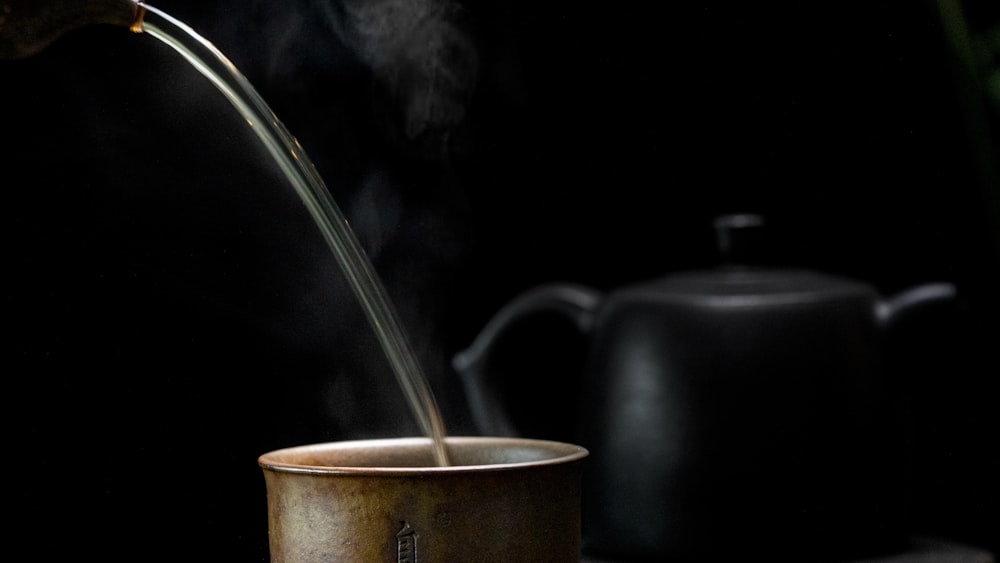
Potential Side Effects and Considerations
Understanding the Caffeine Impact
Understanding the caffeine impact of oolong tea is crucial for a harmonious night’s sleep. Oolong tea has caffeine levels that are somewhere between green tea and black tea. This means it can provide a gentle lift without catapulting your mind into a state of high alert. The secret lies in l-theanine, an amino acid in tea leaves, which can mitigate the jittery effects of caffeine. Studies suggest that l-theanine promotes relaxation by enhancing alpha brain waves, balancing the caffeine’s stimulating properties.
However, the caffeine content varies widely in oolong teas, affected by factors such as oxidation and brewing methods. Light oolongs tend to have less caffeine, making them a more suitable evening choice. For sensitive individuals, even small amounts of caffeine can disrupt sleep patterns, so understanding your tolerance is key. Limiting intake a few hours before bedtime ensures that the caffeine doesn’t postpone your voyage to dreamland.
It’s also worth noting that some studies suggest caffeine can enhance metabolism and fat oxidation, which, while beneficial for weight loss, might not be what you’re looking for right before bed. The bottom line is: listening to your body’s reactions to oolong tea is paramount for optimizing its serene benefits without the unwanted encore of insomnia.
Who Should Avoid Oolong Tea Before Bed?
Individuals with caffeine sensitivity should tread carefully; the mesmerizing dance of flavors in oolong tea might not be worth a night of tossing and turning. If a single cup of coffee in the morning keeps you buzzing all day, consider oolong tea for your morning or early afternoon ritual instead.
Moreover, people with specific health conditions, such as anxiety disorders, ulcers, or severe acid reflux, might find that oolong tea exacerbates their symptoms, especially close to bedtime. This isn’t to say you must forsake the oolong odyssey altogether – opting for a cup well before the evening can ensure you reap the benefits without compromising your slumber.
FAQs
1. Can Oolong Tea Replace Sleep Medications?
Oolong tea cannot replace sleep medications. While it can offer a natural way to improve sleep quality through its calming effects, it’s not a substitute for prescribed medication. Always consult with a healthcare provider for personalized advice.
2. How Long Before Bed Should I Drink Oolong Tea?
To avoid disrupting sleep, you should drink oolong tea 1 to 2 hours before bed. This timeframe allows for the body to process the caffeine while still benefiting from the oolong’s relaxing effects.
3. Can I Drink Oolong Tea If I Have Insomnia?
If you have insomnia, you might still enjoy oolong tea if consumed earlier in the day. Its caffeine content can potentially affect sleep patterns, so it’s best enjoyed with breakfast or lunch.
4. Are There Any Long-Term Effects of Drinking Oolong Tea for Sleep?
No definitive long-term effects of drinking oolong tea for sleep have been identified, but its antioxidant and amino acid profile can contribute positively to overall health when consumed in moderation. [4]
Conclusion
In our starlit quest for better sleep, oolong tea beckons as both a beacon of relaxation and a testament to the intricate dance between nature and nurture. Its unique properties, from the delicate balance of caffeine and l-theanine to the soothing ritual of its preparation, position oolong as a prime candidate for our bedtime drink of choice. Yet, as we tread this path, it’s crucial to navigate with awareness – acknowledging that while oolong offers a cascade of benefits, it is but one piece in the intricate jigsaw puzzle of sleep hygiene.
Incorporating oolong tea for sleep into our nightly routine invites us to embrace its subtle embrace, all the while respecting the complex biochemistry of our bodies. It’s a journey of discovery, one cup at a time, towards a realm of tranquility that awaits just at the edge of consciousness. As we explore this serene landscape, let us toast to the art, science, and sheer magic of tea – may your dreams be as rich and diverse as the flavors of oolong.
May your cup be soothing, and your sleep, deep and restorative. Sweet dreams, dear reader.
-Zoe


